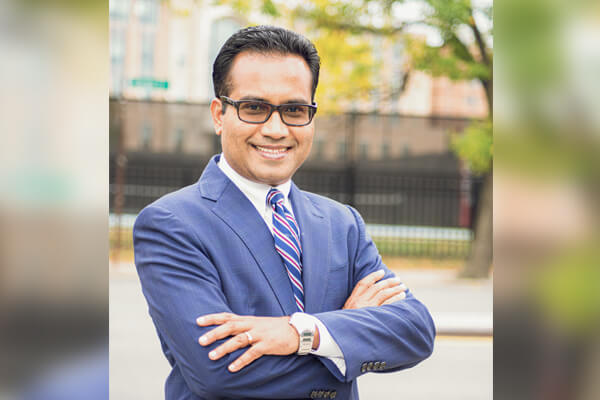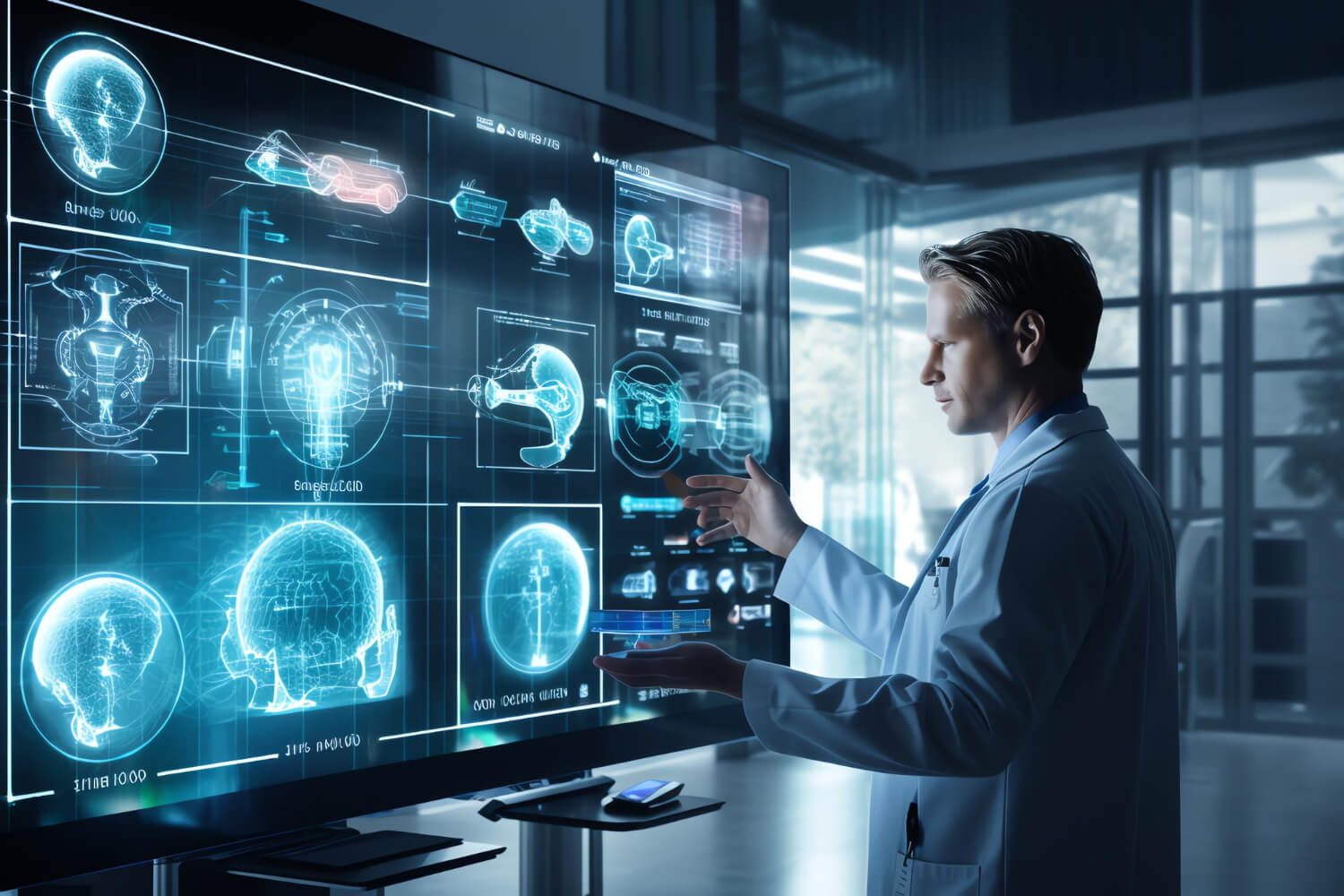The healthcare business is growing increasingly interested in the distinct type of artificial intelligence known as Generative AI. In contrast to traditional AI, Generative AI has the unique ability to generate new data by extrapolating patterns observed from pre-existing data sources. Conventional AI, on the other hand, is primarily concerned with data analysis and creating predictions based on current data. With this unique ability, Generative AI is well-suited for applications such as the development of cutting-edge pharmaceutical formulations, simulated patient data, and creative medical imaging.
Because of its capacity to accelerate the development of novel treatments and therapies, enhance diagnostic procedures and treatment plans, and generate fresh patient data, Generative AI has the potential to totally transform the healthcare environment. However, in order to secure this technology’s responsible and ethical deployment in the healthcare sector, it is critical to apply rigorous and ethical stewardship in its implementation.
Specific uses for Generative AI in healthcare
Medical Imaging Advancements: With the analysis of large patient datasets, Generative AI enhances its potential to improve medical diagnosis by discovering patterns linked with certain diseases. This ground-breaking medical technology has the potential to help doctors, nurses, and other healthcare personnel detect illnesses more accurately and effectively. The relationship between Google Cloud and healthcare institutions exemplifies how AI technologies are being leveraged to tackle administrative and operational issues. These technologies, which are meant to make tasks like information retrieval and documentation easier to accomplish, will increase the amount of time available to researchers and clinicians (Gupta & Corrado, 2023).
Drug Discovery: The promising route that Generative AI offers allows for the identification of novel pharmaceutical compounds with the potential to treat a wide range of illnesses. According to McKinsey & Company (2023), one of the strengths of Generative AI is the analysis of various and unstructured data sources typical in the healthcare business. This innovative technology has the potential to transform these data sources into meaningful resources, allowing Generative AI to be more creative and effective in its quest for novel medications.
Patient Data: Generative AI is a potent tool for producing new patient data sets, which is critical for developing treatment regimens and improving patient well-being. According to BCG (Huddle et al., 2023), Generative AI systems have the ability to methodically analyze vast libraries of medical data and develop entirely novel stuff. The level of therapy may be enhanced, accessibility and cost may be improved, imbalances in research and healthcare delivery may be reduced, and companies may be able to generate hitherto untapped value as a result of this breakthrough technology.
Transformative Force: Healthcare may experience a fundamental transformation as a result of the promise of Generative AI, which transcends fads and trends to construct a continually evolving toolset. According to predictions, the global market for Generative AI would be valued $118.06 billion by 2032, highlighting the technology’s enormous potential to revolutionize a wide range of operational elements and healthcare operations (Precedence Research, 2023).
The Ethical Use: However, in order to guarantee that this technology is utilized ethically and responsibly, it is critical that it be used with prudence. The ability of Generative AI systems to distinguish tiny alterations in longitudinal medical images, such as X-rays, CT scans, and MRIs, is proven. In the long term, examining these minute differences can aid in the development of improved diagnoses and treatment regimens.
Benefits from AI
According to an Accenture study, Generative AI has the potential to enhance up to 40% of working hours in the healthcare business. This figure is significant because it indicates the significant benefits that this technology may provide to a sizable portion of the medical workforce (Siwicki, 2023). According to the same poll, 98% of healthcare provider executives and 89% of healthcare payer executives believe that the emergence of Generative AI heralds a new age of business intelligence.
According to a recent McKinsey study, Generative AI has the potential to boost the world economy by $2.6 trillion to $4.4 trillion per year by 2040. This illustrates the technology’s huge potential to help a wide range of organizations, including the healthcare sector (McKinsey & Company, 2023). According to an Elsevier survey, just 11% of healthcare decisions are presently supported by technologies based on Generative AI. Nonetheless, a large 48% of respondents said doctors utilizing Generative AI will be better at making diagnosis and treating patients (Elsevier, 2023).
Furthermore, according to a Robert Half survey, 41% of US workers believe that Generative AI will positively impact their careers (Robert Half. 2023), implying that by making complex and labor-intensive processes simpler, this technology may aid in attracting the next generation to work in the healthcare sector.
Conclusively, Generative AI has the potential to change the healthcare industry by enabling the development of innovative pharmaceuticals and therapies, the improvement of diagnostic and treatment plans, and the generation of new patient data. But it is critical to utilize this technology wisely and in an ethical and responsible manner. Additionally, by automating difficult and labor-intensive activities, Generative AI can assist in the recruitment of the next generation to work in the healthcare field.
This article was originally published in “The Generation”.

Author
Dr. Dilip Nath, AVP & Deputy CIO, SUNY Downstate Health Sciences University
Dr. Dilip Nath is a distinguished leader in higher education and healthcare, known for his advocacy in voting and human rights. As a Harvard Kennedy School alumnus, he’s celebrated for his transformative leadership.
With 30+ years of strategic planning expertise, Dilip focuses on using technology to bridge equity gaps in healthcare and education.
At 16, Dilip emigrated from Bangladesh to the US, becoming the first in his family to attend college. He’s lived in Queens for 33 years, earning the trust of his community as a dedicated leader and activist.
Recognizing the importance of knowledge in politics, he embarked on a self-learning journey about US government and principles of democracy. He earned degrees from the State University of New York, including an MBA and a DBA
Dilip is know for his visionary, team-oriented, and compassionate leadership. He’s a respected advocate for various community issues, including healthcare, immigrant rights, and education. He founded NAVA and co-founded ABHF to further his endeavors.
